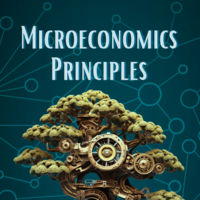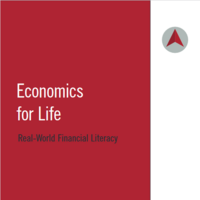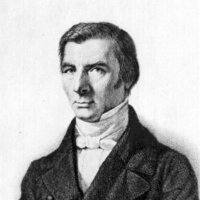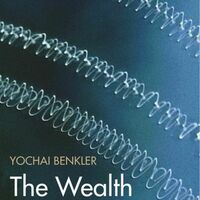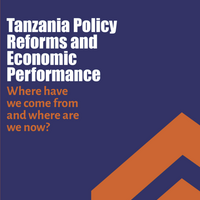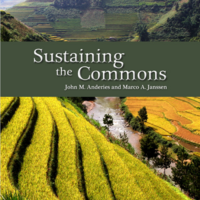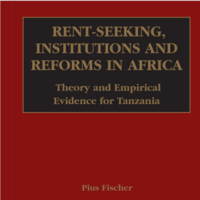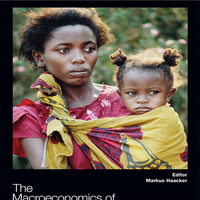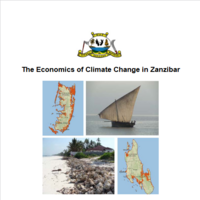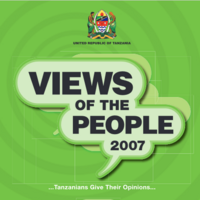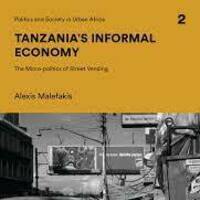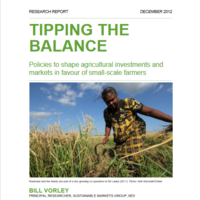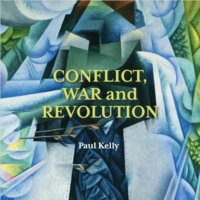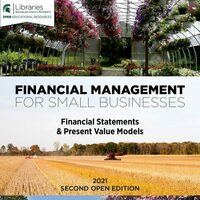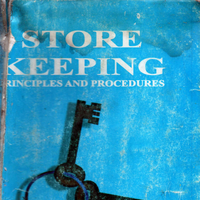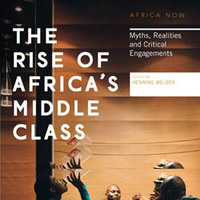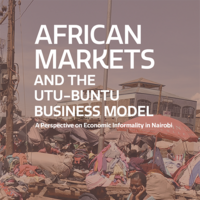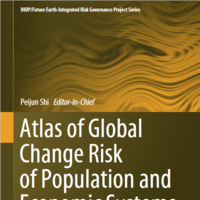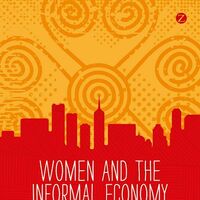Search
Books+
Searching 1,730 books
Search related to the career Economist
Introduction:
Economists study various economic theories to understand and analyze the functioning of economies. These theories provide frameworks and models that help economists make predictions, explain economic phenomena, and formulate policies. Here are some prominent economic theories studied by economists:
1. Microeconomics:
Microeconomics focuses on individual economic agents such as households, firms, and markets. Economists study theories like supply and demand, consumer behavior, production theory, market structures, and welfare economics. These theories help understand how individual decisions and interactions shape the allocation of resources and determine prices.
2. Macroeconomics:
Macroeconomics examines the behavior and performance of an entire economy. It studies theories such as aggregate demand and supply, economic growth, inflation, unemployment, fiscal and monetary policy, and business cycles. Macroeconomic theories provide insights into factors influencing the overall economic performance of a country or region.
3. International Economics:
International economics explores theories related to international trade, exchange rates, balance of payments, and globalization. Economists study theories like comparative advantage, trade barriers, trade agreements, and the impacts of international transactions on economies. These theories help understand the benefits and challenges of international economic integration.
4. Development Economics:
Development economics focuses on theories related to economic development and improving living standards in low-income countries. Economists study theories like poverty, inequality, economic growth, human capital, and institutions. Development economics aims to identify strategies and policies that promote sustainable economic progress and reduce poverty.
5. Behavioral Economics:
Behavioral economics combines insights from psychology and economics to understand how individuals make economic decisions. Economists study theories related to biases, heuristics, framing effects, and social preferences. Behavioral economics challenges traditional assumptions of rationality and provides a more realistic understanding of economic behavior.
6. Game Theory:
Game theory analyzes strategic interactions between individuals or firms. Economists study theories like Nash equilibrium, prisoner's dilemma, and bargaining models. Game theory helps understand decision-making in situations where the outcome depends on the choices of multiple agents and their strategies.
7. Econometrics:
Econometrics involves the application of statistical methods to economic data. Economists study theories related to regression analysis, time series analysis, and hypothesis testing. Econometrics enables economists to test economic theories empirically, estimate relationships, and make predictions based on data.
Conclusion:
Economists study a wide range of economic theories to gain insights into the complexities of economic systems. These theories provide frameworks for understanding individual behavior, market dynamics, macroeconomic trends, international interactions, development challenges, decision-making under uncertainty, and empirical analysis. By studying these theories, economists contribute to the formulation of policies, evaluation of economic outcomes, and the advancement of economic knowledge.
Source: Various AI tools
Economics
Books tagged economics
Entrepreneurship
Africana studies
Books tagged Africana Studies
Geography
Searched in English.
